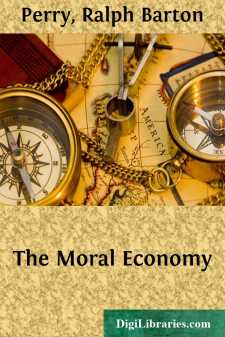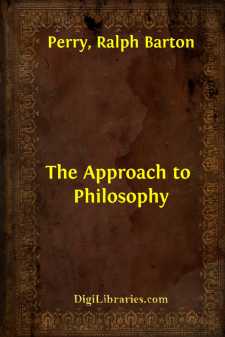Categories
- Antiques & Collectibles 13
- Architecture 36
- Art 48
- Bibles 22
- Biography & Autobiography 813
- Body, Mind & Spirit 142
- Business & Economics 28
- Children's Books 16
- Children's Fiction 13
- Computers 4
- Cooking 94
- Crafts & Hobbies 4
- Drama 346
- Education 46
- Family & Relationships 57
- Fiction 11829
- Games 19
- Gardening 17
- Health & Fitness 34
- History 1377
- House & Home 1
- Humor 147
- Juvenile Fiction 1873
- Juvenile Nonfiction 202
- Language Arts & Disciplines 88
- Law 16
- Literary Collections 686
- Literary Criticism 179
- Mathematics 13
- Medical 41
- Music 40
- Nature 179
- Non-Classifiable 1768
- Performing Arts 7
- Periodicals 1453
- Philosophy 64
- Photography 2
- Poetry 896
- Political Science 203
- Psychology 42
- Reference 154
- Religion 513
- Science 126
- Self-Help 84
- Social Science 81
- Sports & Recreation 34
- Study Aids 3
- Technology & Engineering 59
- Transportation 23
- Travel 463
- True Crime 29
The Moral Economy
Categories:
Description:
Excerpt
CHAPTER I
MORALITY AS THE ORGANIZATION OF LIFE
In the words with which this book is inscribed, Bishop Butler conveys with directness and gravity the conviction that morality is neither a mystery nor a convention, but simply an observance of the laws of provident living. "Things and actions are what they are, and the consequences of them will be what they will be: why then should we desire to be deceived?" [1] This appeal, commonplace enough, but confident and true, sounds the note with which through all that follows I shall hope to keep in unison.
It is because he professes to believe that morality is an imposture that must be smuggled into society behind the back of reason, that Nietsche makes a merit of its dulness. "It is desirable," he says, "that as few people as possible should reflect upon morals, and consequently it is very desirable that morals should not some day become interesting!" [2] He confesses that he sees no occasion for alarm! But the dulness of {2} morality testifies only to its homeliness and antiquity. For to be moral is simply to be intelligent, to be right-minded and open-minded in the unavoidable business of living. Morality is a collection of formulas and models based solidly on experience of acts and their consequences; it offers the most competent advice as to how to proceed with an enterprise, whether large or small. It is the theory and technique which underlies the art of conduct; that "master-workman," by whom kings reign and princes decree justice; possessed by the Lord in the beginning of his way, and whom to hate is to love death.
It is worth while to remark and proclaim such a conviction as this only because mankind has so treacherous a memory, and so fatuous a habit of disowning its most precious and dearly won possessions. Cardinal truths are periodically overlaid with sophistication, blended with tentative opinion, and identified with the instruments of the day. There results a confusion of mind that fails to distinguish the essence from the accident, and aims to destroy where there is need to rectify. Because government is clumsy and costly, it is proposed to abolish government; because education is artificial and constraining, society is exhorted to return to the easy course of nature; metaphysics must be swept away, because the {3} metaphysics of some time or school has outlived its usefulness; and morality, because it is hard or tiresome, must give way to the freedom and romance of no morality. Such blind and irresponsible agitation is a perpetual menace to the balance of impressionable and unsteady minds, if not indeed to the work of civilization.
Now it is safe to say that these venerable institutions have arisen in answer to fixed needs; needs implied in life as a general and constant situation. There is no other way of accounting for them. They have been tolerated only because they yield a steady return. Their loss would be a catastrophe which mankind, obedient to the necessities of life, would fall at once to repairing....



